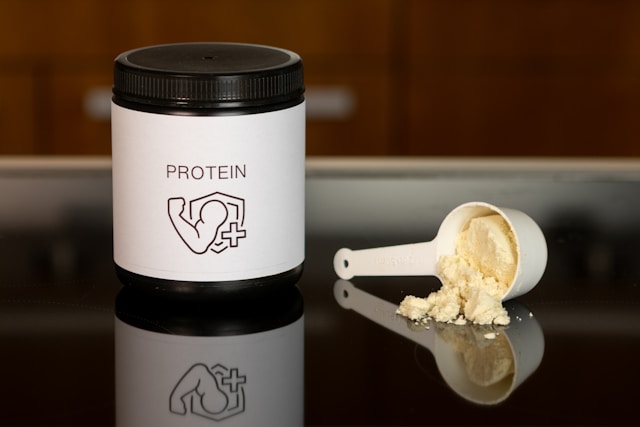


Proteins are essential compounds that play numerous roles in the body. Found in all tissues, they are involved in virtually every bodily process. Proteins consist of chains of amino acids, which combine in various ways—each type serving a unique function.
According to the Mayo Clinic, protein should make up between 10% and 35% of daily calorie intake. This percentage varies depending on age, weight, and physical activity level. In response to this growing focus on protein, The New York Times recently launched a "Protein Calculator" to help users determine their recommended intake based on federal guidelines.
As high-protein diets continue to gain traction, food companies have responded with a surge of new products—protein shakes, snacks, pancake mixes, and more. At the same time, social media influencers on platforms like Instagram have shared protein-packed recipes that have garnered millions of views, further fueling engagement and spreading awareness of this nutritional shift.
Scientifically Proven Benefits for Metabolic Health
Dr. Michael Ormsbee, Director of the Institute of Sports Sciences and Medicine at Florida State University, emphasized that protein-rich diets offer clear, research-based advantages—especially for individuals aiming to improve body composition, build strength, and support metabolic health. He stated:
"Unlike diets that eliminate entire food groups or rely on unsustainable habits, protein helps preserve muscle mass during weight loss, increases satiety, and supports energy expenditure even at rest."
Dr. Ormsbee’s Recommendations:
Source: DW Arabic